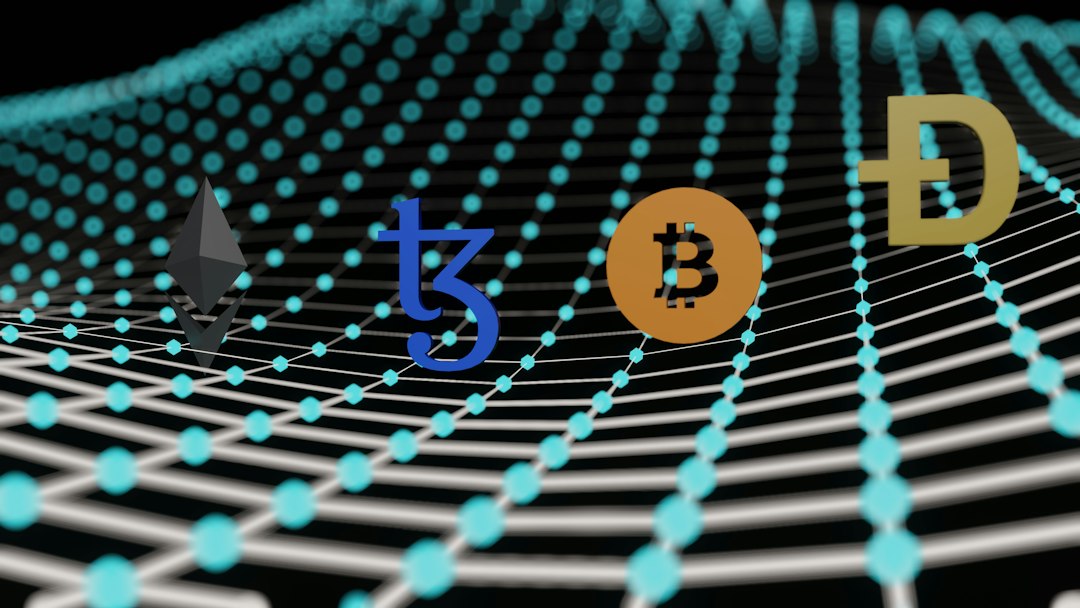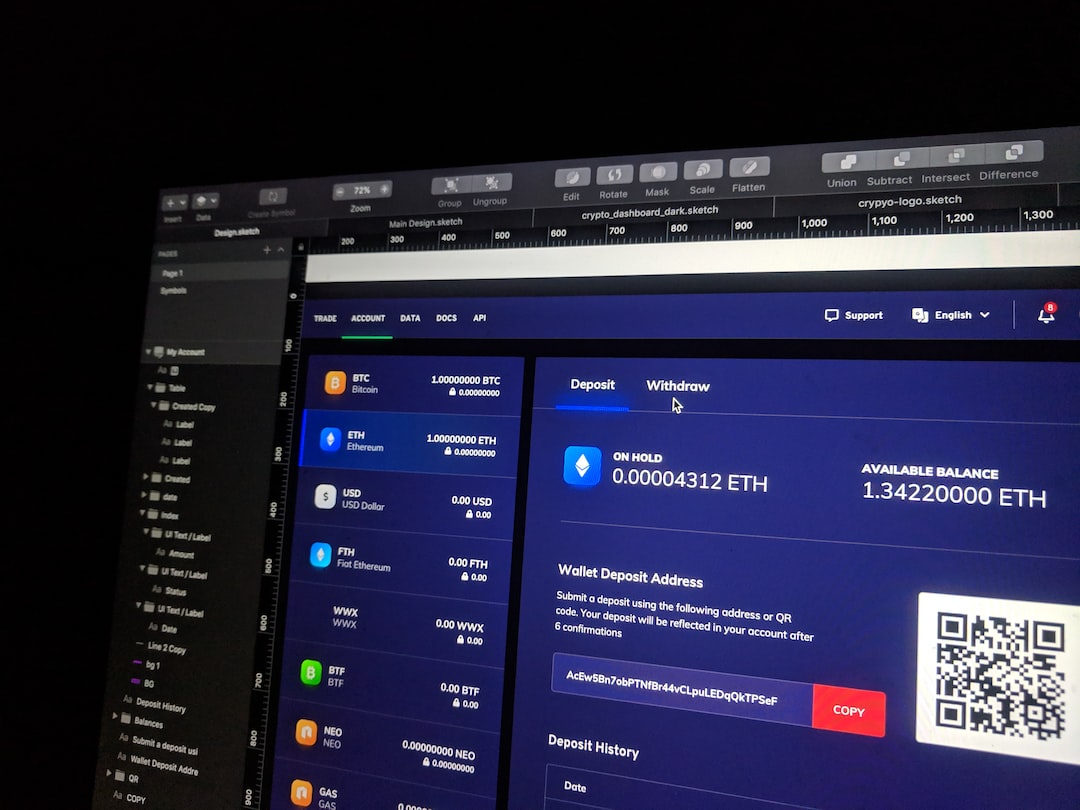The New Feature “Arbitrum Stylus” Makes Writing Smart Contracts Easier
The company Offchain Labs has released a new feature called “Arbitrum Stylus” that allows developers to build smart contracts using programming languages compatible with the WebAssembly (WASM) industry standard format. This is seen as a more common standard than the Ethereum Virtual Machine (EVM) currently used by many blockchain developers. The goal is to attract more computer programmers to the crypto industry and specific projects. By adding support for languages like Rust, C, and C++, Offchain is targeting developers familiar with these traditional programming languages. The tooling and talent already available for these languages can significantly reduce friction for developers looking to bring their projects to the blockchain. However, the deployment of this feature to the main Arbitrum network will be decided by the Arbitrum DAO members through a community vote.
Key Points:
- Offchain Labs has released “Arbitrum Stylus,” a feature that enables developers to build smart contracts using programming languages compatible with the WebAssembly standard.
- WebAssembly is considered more common than the Ethereum Virtual Machine standard currently used by many blockchain developers.
- By supporting languages like Rust, C, and C++, Offchain aims to attract more computer programmers to the crypto industry.
- Developers can leverage their existing knowledge and talent in traditional programming languages, reducing friction when bringing projects to the blockchain.
- The deployment of “Arbitrum Stylus” to the main Arbitrum network will be decided by the community through a vote by the Arbitrum DAO members.
Hot Take:
The release of “Arbitrum Stylus” by Offchain Labs is a significant step towards attracting more developers to the crypto industry. By allowing the use of popular programming languages, the tool reduces barriers and simplifies the process of building smart contracts. This move not only expands the talent pool available for blockchain projects but also promotes interoperability with the wider Ethereum ecosystem. The community’s vote on deploying this feature to the main Arbitrum network will be crucial in determining its future success. If approved, “Arbitrum Stylus” has the potential to drive further innovation and adoption in the crypto space.





 By
By
 By
By
 By
By


 By
By